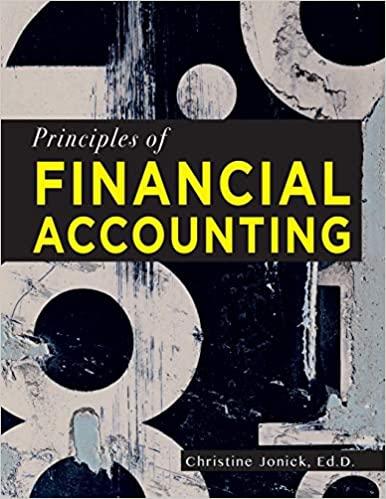The Mahela Company specializes in producing sets of wooden patio furniture consisting of a table and four chairs. The company is currently operating at 80% of its full capacity of 2.200 sets per quarter. Quarterly cost data at this level of operations follow: Required: 1. Enter the dollar amount of each cost item under the appropriate headings. As examples, this has been done already for the first two items in the preceding list. Note that each cost item is classified in two ways: first, as variable or fixed, with respect to the number of units produced and soid, and, second, as a selling and administrative cost or a product cost. (If the item is a product cast, it should also be classified as elther direct or indirect as shown.) 1. Enter the dollar amount of each cost item under the appropriate headings. As examples, this has been done already for the first two items in the preceding list. Note that each cost item is classified in two ways: first, as variable or fixed, with respect to the number of units produced and sold, and, second, as a selling and administrative cost or a product cost. (ff the item is a product cost it should also be classified as either direct or indirect as shown.) 2. Based on the answers obtained in Requirement (1), compute the average product cost per patio set. (Round your answer to 2 . decimal places.) 3. Assume that production increases to only 1,980 sets quarterly. Would you expect the average product cost per patio set to increase. decrease, or remain unchanged? Increase Decrease Remain unchanged 4. Refer to the original data. The president's brother-in-law has considered making a patio set and has priced the necessary materials at a bullding supply store. He has asked the president if he could purchase a patio set from the Mahela Company "at cost" and the president has agreed to let him do so. a. Would you expect any disagreement over the price the brother-in-law should pay? What price does the president probably have in mind? (Round your answer to 2 decimal ploces.) b. Since the company is operating below its full capacity, what cost term used in the chapter might be the most applicable in this situation? Opportunity cost Sunk cost Relevant cost










